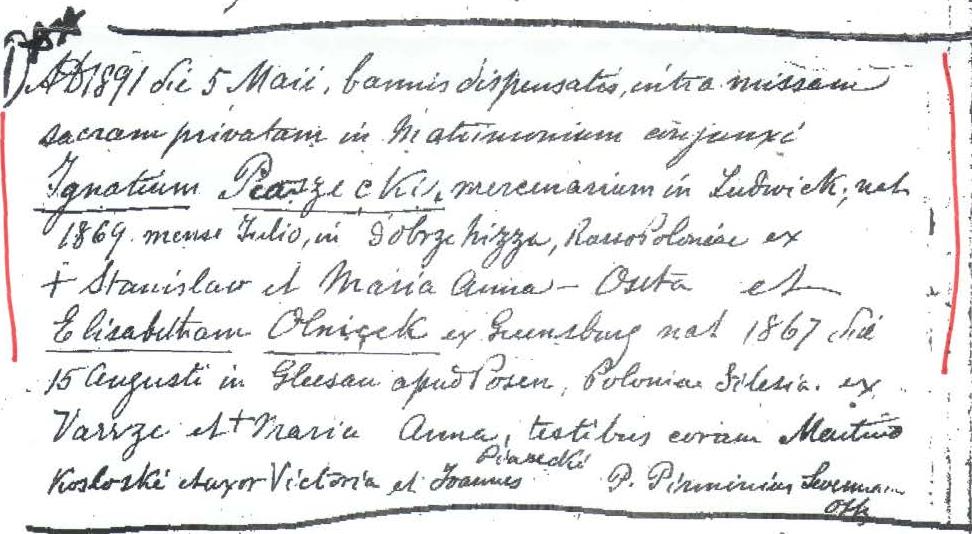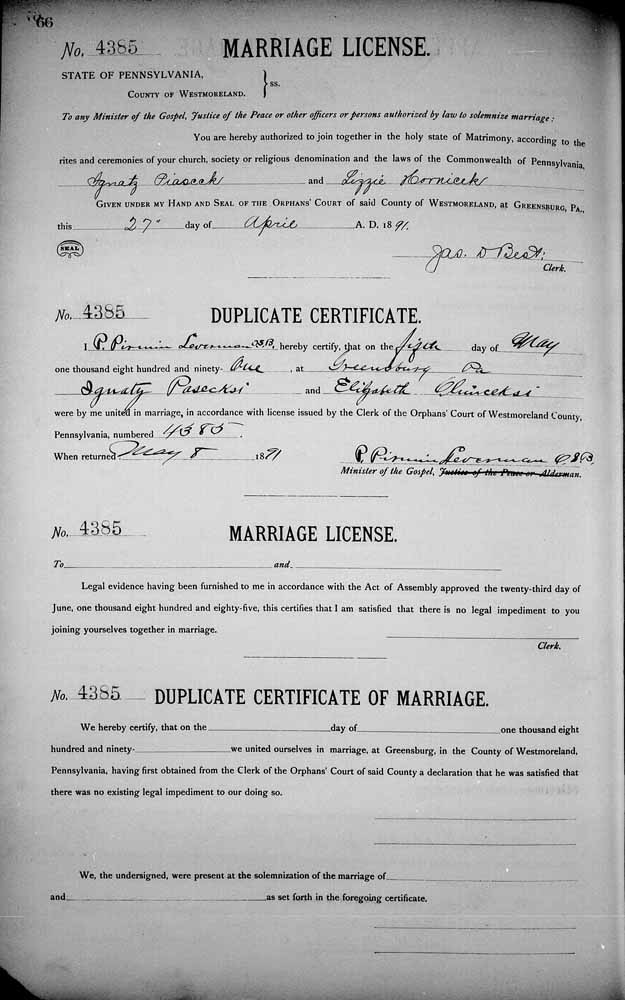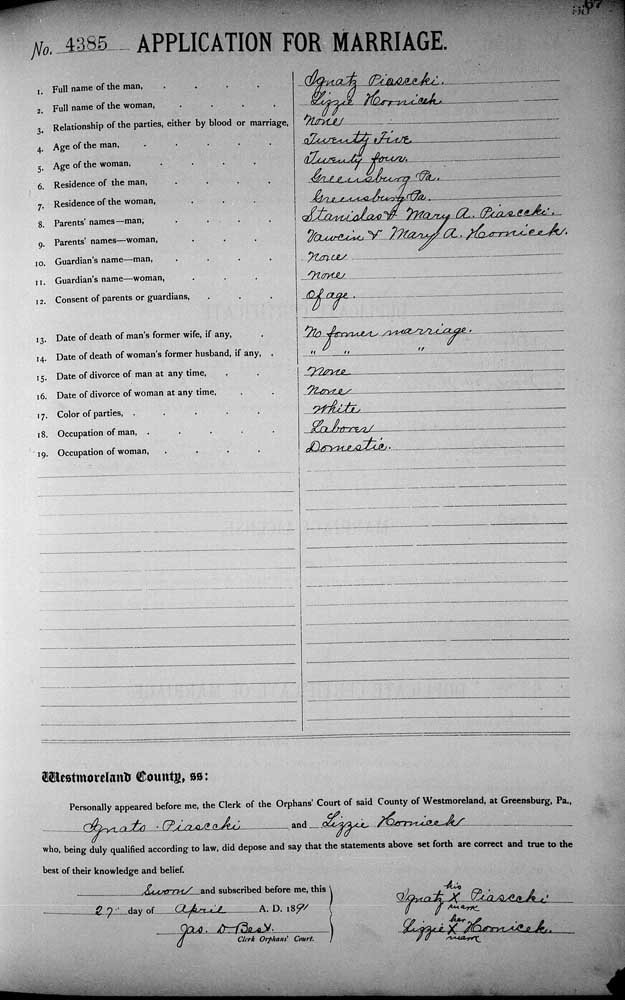By saying "Posen", the author of the document could mean the Posen province rather than the town of Posen.
That's also a humongous stretch, and a very, very bizarre way of referring to the location of that town, which is much more "apud Breslau" than "apud Posen". It's like referring to Katowice "apud Praha". And Kleischau was not "next to the border" of the Province of Posen. It was deep into Silesia.
Sorry, but Kleischau seems an extremely remote possibility to me. If the spelling is that mangled, God knows what it could be; there are hundreds of candidates that are far more likely than Kleischau. Referring to Kleischau as "Polonia" is bizarre to the extreme. I'm not even sure there were any Poles living there at the time, and if there were, they were a very tiny minority in a very tiny village. Even now, it is a very tiny village, with at most 50 residents, judging from the satellite photo, and there is no sign that it was substantially larger in the past.
The document is such a garbled geographical mess that it is just about useless without substantiating documentation. The person writing this down apparently had zero idea about the geography of the region, and depended greatly on his apparently wild imagination more than anything else. Any speculation about the locations of the obviously misspelled place names is just idle speculation.
Best guess: the priest just totally fudged this up because he was unable to interpret what this immigrant who didn't speak English was trying to say, and that what he wrote bears little semblance to the original.
 PolishForums LIVE / Archives [3]
PolishForums LIVE / Archives [3]


